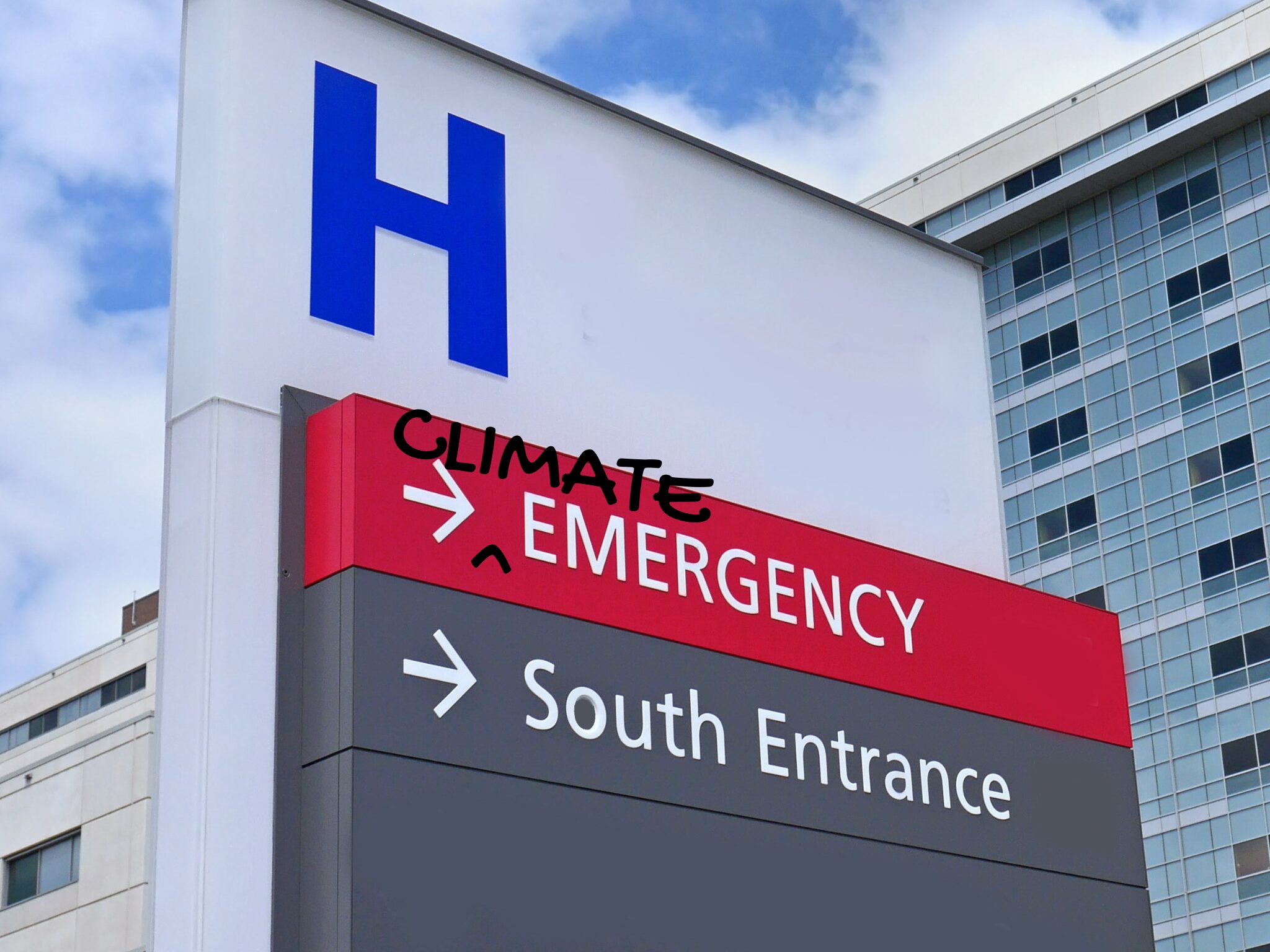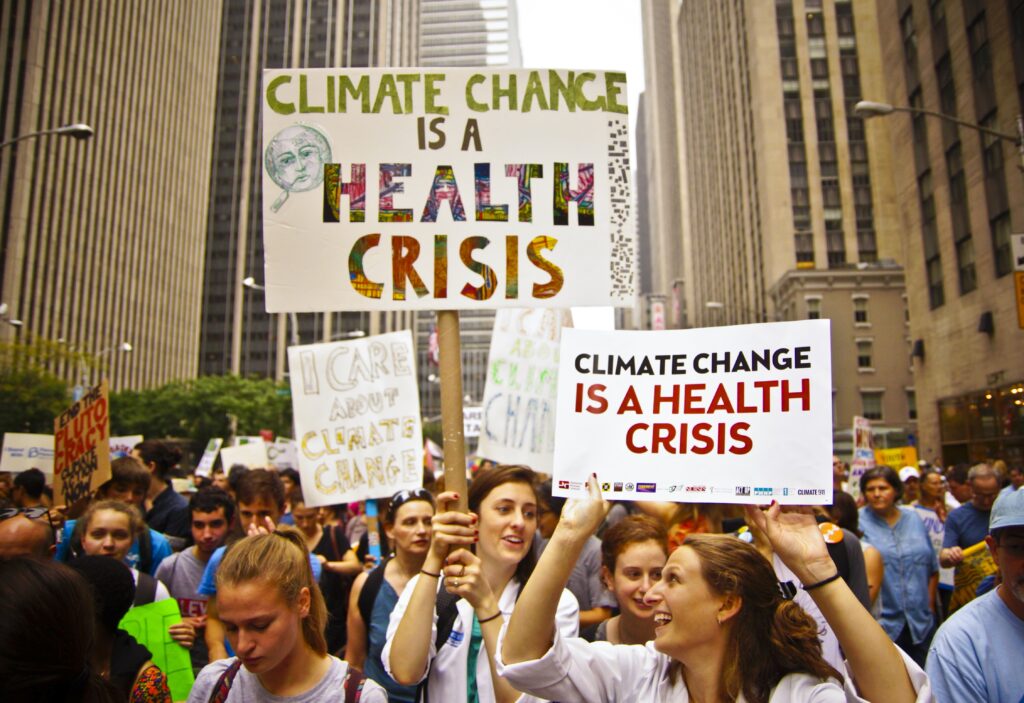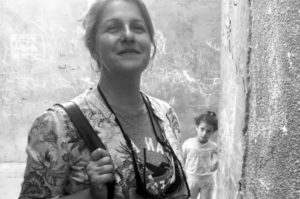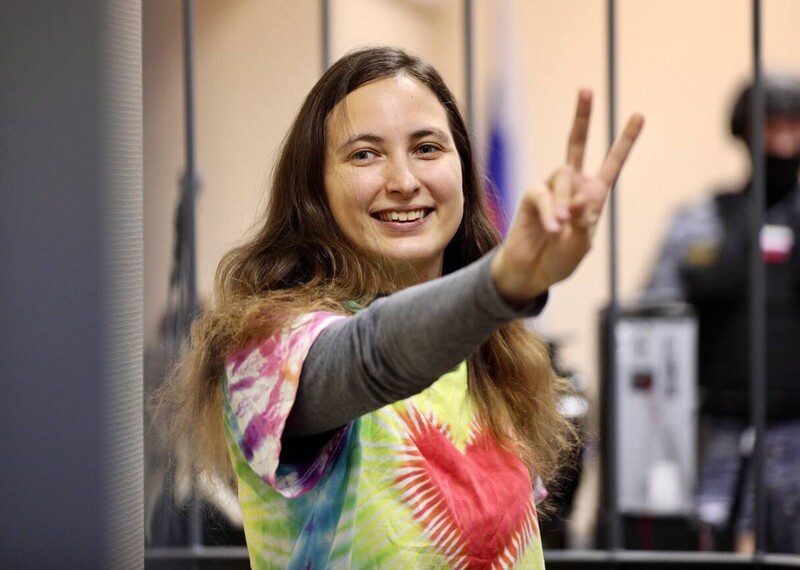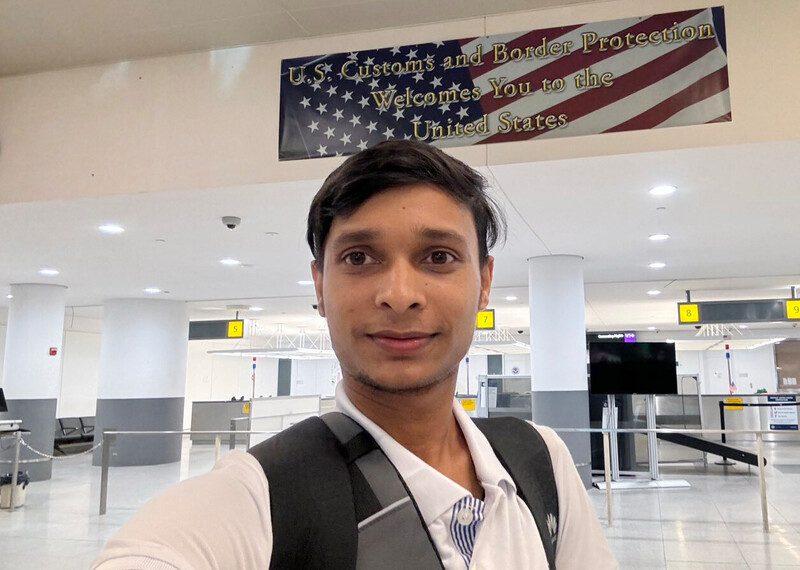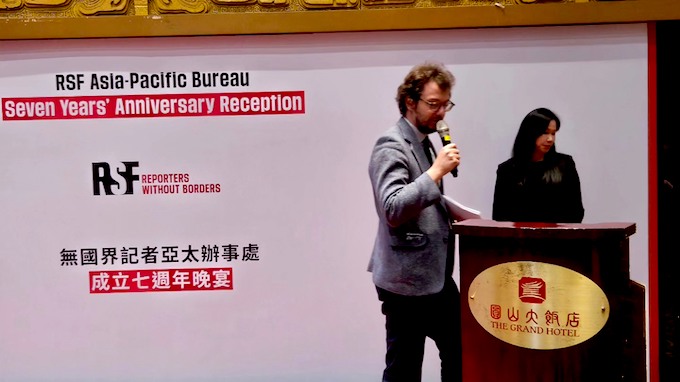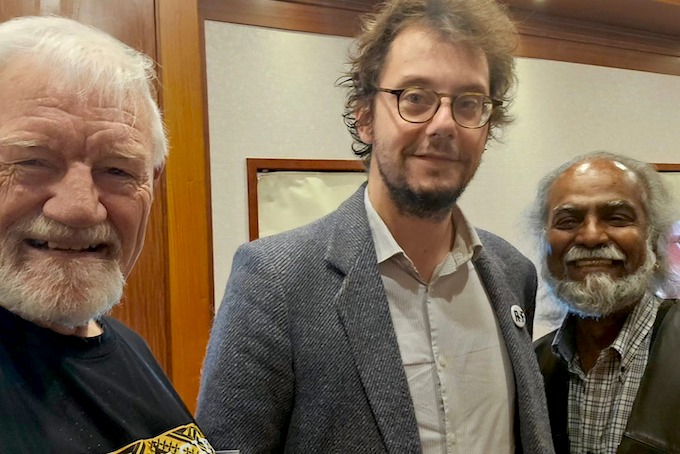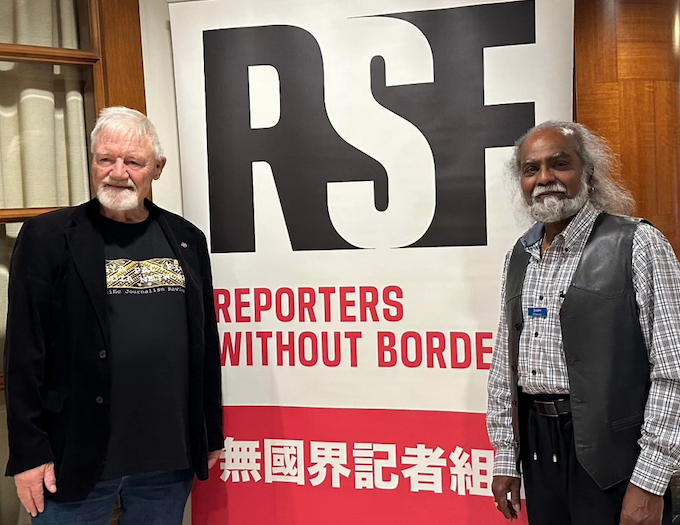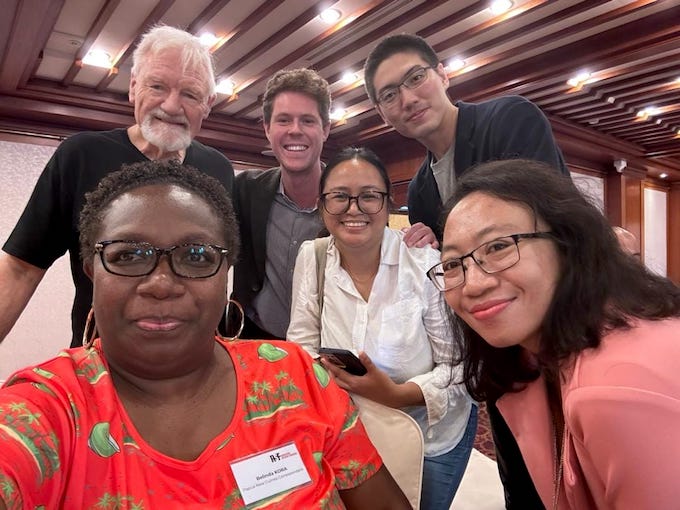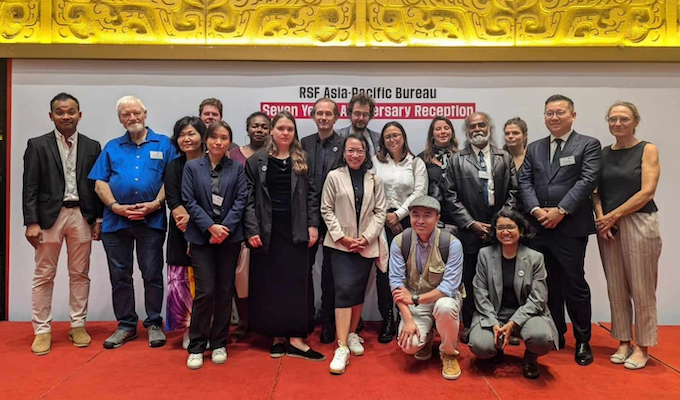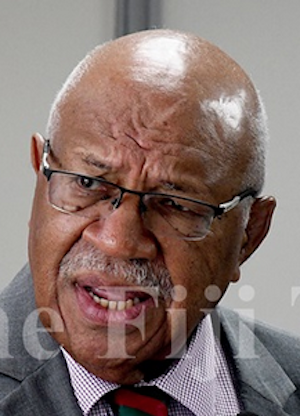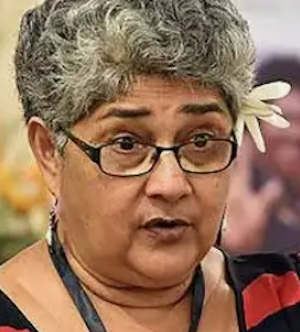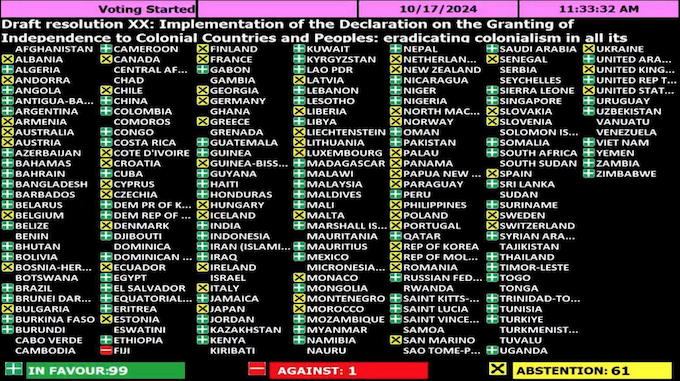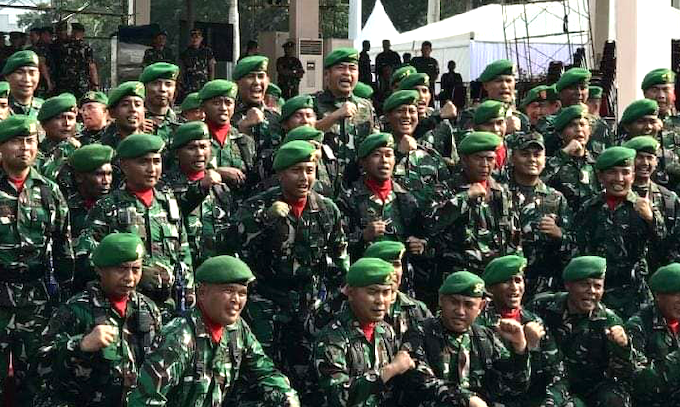An opaque firm registered in an offshore tax haven that appeared in the Panama Papers is among the largest donors to a major lobby organisation pushing for UK MPs to legalise assisted dying.
This was a donation totalling over £300,000 to Dignity in Dying’s sister charity Compassion in Dying. However, the group has refused to disclose the entity or person behind it. Despite this, information from the infamous 2016 leaks reveals a sprawling web of companies across numerous other tax havens connected to the murky donor, from a multitude of industries.
While the Canary has been unable to track down who it ultimately originated from, the donation still underscores something vital about the groups lobbying for the new law. Specifically, that their enormous influence is a product of a series of obscure but exceedingly wealthy financiers’ exceptional funding towards their work.
Meanwhile, grassroots disabled campaigners have no such substantial resources to deploy in opposing it. In other words, this is far from an equal fight. When chronically ill and disabled people’s lives are on the line – this could have profound and dangerous consequences.
Assisted dying: lobby group’s tax haven company funding
Between 2022 and 2023, an opaque donor titled ‘Church Street Trustees’ funnelled £300,000 to Compassion in Dying. The sizeable sum made it the nonprofit’s second largest donor during the period. As it turned out however, the secretive financier cropped up in the notorious 2016 Panama Papers leaks. It’s registered in St Helier, Jersey.
The company is what’s known as a ‘trust corporation’. Essentially, this means that it acts as an ostensible corporate trustee on behalf of an individual or business trust. In Church Street’s case, it does so for hundreds of companies and trusts based in various offshore tax havens.
Their registration in these jurisdictions doesn’t automatically imply criminality or corruption. However, money launderers regularly use trusts – especially with tax haven arrangements – to hide identities, dodge tax, and move money around in other illicit dealings. It’s therefore not beyond the realms of possibility that as administrator of these trusts, Church Street is facilitating these forms of financial skulduggery.
Unfortunately, there’s not a whole lot of information on Church Street Trustees directly. The Panama Papers disclosures show most of the companies using it trace back to shareholders in South Africa. The Canary found over 200 instances of this. These were linked to hundreds of companies in offshore tax havens like the British Virgin Islands and Hong Kong.
In the only major Panama Papers reveal for the company, it was embroiled in one of the largest agricultural land grabs in Africa. Again, this was through another convoluted matrix of offshore firms.
Concealing a wealthy donor’s identity
Largely though, the trail goes cold between Compassion in Dying, its sister organisation, and Church Street Trustees Ltd. Overall, there’s nothing concrete – that we could find – connecting them.
Obviously however, the use of a trust company in itself raises significant questions. In particular, why has someone made the donation using this covert offshore trust vehicle? The simple answer is that: whoever donated through it has clearly done so to conceal their identity.
We contacted Compassion in Dying and Dignity in Dying’s shared media officers for more information on this. The Canary impressed upon the organisations that their transparency over who’s funding them is surely within the public interest. Unsurprisingly, they failed to disclose any further information on Church Street Trustees, ignoring the basis of our enquiry altogether. Instead, they came back only with a generic response which read:
Compassion in Dying’s funding sources are stated clearly in our public accounts and we are regularly audited, in line with charity law.
Compassion in Dying is a registered charity in England and Wales (1120203) which supports people to make informed choices, start honest conversations about death and dying with loved ones, and record and revisit their wishes whenever they want to. The charity provides this service through an information line and through policy work to drive changes to the healthcare system so that people’s end-of-life decisions are heard, understood and respected when it matters most.
We are proud to be a sister charity to Dignity in Dying, a not-for-profit membership organisation campaigning to change the law to allow the option of assisted dying for terminally ill, mentally competent adults in the UK. The two organisations share an aim of improving dying in the UK by putting people in charge of decisions about the end of their life. We work differently and are legally separate, with distinct governance, boards, and finances. This relationship is stated clearly on our respective websites. Our Chief Executive leads both organisations and some resources are shared, including an office and some staff. While Compassion in Dying supports law change in principle, it does not campaign on assisted dying.
Of course, the Canary has already called their supposed degrees of separation into question. This is not least because contrary to its claim of financial independence, we exposed how some of Compassion in Dying’s funds were bleeding over into its sister organisation’s work.
We also highlighted to Compassion in Dying a potential error in its accounts pertaining to Church Street Trustees. In its 2022 annual return, it displayed both that year’s and 2021’s funding from the trust company as £204,009. The same figure didn’t appear in its 2021 report. It confirmed to us that this was a “typo” and that it would rectify this.
Vested pharmaceutical interests in assisted dying
The sole tidbit of information of any relevance to Church Street Trustees’ donation comes in files from the US Securities Exchange Commission (SEC).
It revolved around electric field cancer therapy corporation Novocure. The company is the brainchild of Yoram Palti, professor of physiology and biophysics at the Israel Institute of Technology. Another Jersey-based company known as Volati Limited seems to be the owner of Novocure. In turn, Volati is owned by the Oden Trust. And Church Street Trustees Ltd is a trustee for it.
Most significantly, Oden Trust traces back to one Gert Lennart Perlhagen, who was the founding investor for Novocure. He’s both the settlor (the original owner of the trust’s wealth) and a beneficiary of the Oden Trust.
Novocure itself doesn’t produce any euthanasia drugs. That said however, Perlhagen’s former employer was Italian pharma company Farmitalia SpA. In particular, he was CEO for its UK and Scandinavian branches. It’s now owned by Pfizer, which produces drugs that the Canadian Association of MAID Assessors and Providers recommends.
The Canary isn’t suggesting that Perlhagen, Pfizer, or anyone in connection to them is behind the donation. The simple fact is, there’s no way to know with the information in the public domain. However, this is precisely the issue. The Church Street Trustees donation could be from a company or individual with interests or connections to the pharmaceutical corporations in the business of euthanasia drugs, and we wouldn’t know about it. The point is, the mystery donor behind the Church Street Trustees donation might just be someone who stands to gain from it.
So, no matter how much pro-assisted dying organisations seek to frame it as a moral compassionate imperative, it’s not quite that simple. In a necrocapitalist society – that is, the socio-economic system reliant on death and debilitation of people and the planet for profit – the business of assisted dying is an industry too.
Canada – a cautionary tale
By the close of 2023, Dignity in Dying was sitting on £1.8m. That year, it had an income – largely donations – of £2.7m. It spent £1.5m of this on its so-called “campaign work” – or in other words, its political lobbying. Meanwhile, its charity arm Compassion in Dying had funds of nearly £700k by the end of 2023, with an income of £584,000. It spent nearly a million throughout the course of the year. So, where that immense money is coming from is obviously significant.
Ultimately though, the problem isn’t just that a clandestine donor is funnelling large sums of cash to the charity concealing potential ulterior motives. It’s that the gargantuan funding from these wealthy donors gives it an outsized influence over policymakers.
The work of Canada’s premier pro-assisted dying organisation should serve as a cautionary tale for what could happen as a result.
Dying with Dignity Canada has been at the centre of the country’s controversial medical assistance in dying (MAID) laws. And it too has a gilded portfolio of elite backers. Its 2023 donor listing features companies like Google, Canadian fossil fuel firm Suncor, and life insurance company Sun Life.
Incidentally, Pfizer has also sat among its donors – though it didn’t appear in Dying with Dignity’s most recent disclosure.
With these funds, it has run extensive lobbying campaigns. For instance, as the Walrus reported, to promote the bill which would legalise assisted death for disabled people and those with non-terminal illnesses:
the group sent over 50,000 letters to members of Parliament and hosted seven informational webinars on the bill which were attended by a total of 3,750 people. Its public records list nineteen communications with government officials that year, with subjects such as “Bill C-7” and “Five year review of Medical Assistance in Dying Legislation . . . with respect to advance requests, mature minors, and mental illness.”
States failing to provide the basic tenets for life
In 2021, Canada passed the bill on this. Since then, harrowing stories have emerged of chronically ill and disabled people turning to MAID due to poverty, homelessness, and a lack of quality healthcare. In other words, the state is pushing working class chronically ill and disabled people into the hands of MAID. It’s doing so because it’s failing in its core remits to ensure they have access to even the basic necessities – a livable wage, suitable housing, properly funded and equipped medical care – let alone a decent quality of life.
Of course, healthcare is a postcode lottery, and both enormously underfunded and under-resourced here too. At the same time, the UK’s welfare system terrorises poor, chronically ill, and disabled people by design. The Canary’s Rachel Charlton-Dailey drew attention to the alarming juxtaposition of corporate media’s persistent tirade of scrounger, fraudster smears there to scapegoat and paint them as burdens to society. Seeing assisted dying and the perpetual punching down of chronically ill and disabled people side by side makes the idea of this slippery slope in the UK not so far-fetched.
No, it’s probably not all part of some Machiavellian eugenicist plan. However, the capitalist forces backing it and a government ploughing more into the business of death, than the vital components of a decent life, show something alarming all the same. This is how the state and corporate interests intersect and view assisted dying as an exercise for the economy. That is, it’s cheaper to fund assisted suicide than it is to invest in the services people need to live. And let’s be clear: that means poor, chronically ill, disabled and marginalised people most of all.
Political influence and power
Moreover, much like Dying with Dignity Canada, the UK’s Dignity in Dying – unconnected despite the name similarities – has used its immense funding to shape public opinion and gain access to the halls of power.
The Canary has already explored its intimate links to the Labour government, including the prime minister himself. However, this was really just the tip of the iceberg as far as its lobbying is concerned.
Director Sarah Wootton hosted a fringe event at the recent Labour Party conference. The group had a stand in the conference’s main exhibition hall. Its website boasts how it regularly meets with parliamentarians and provides them with briefings. Now, with the bill in the House of Commons, it’s going to greater lengths to garner public support.
To get a sense of the extent of its lobbying efforts, you need only look at the money it has thrown at ads across social media. Meta provides detailed information on Facebook and Instagram adverts through its Ad Library. It produces regular information reports to show the top spenders on ads across its platforms. Tellingly, Dignity in Dying shows up in its latest data.
The Ad Library’s report currently only takes us up to 21 October. However, we can also see the most up-to-date ads until 26 October on the advertiser’s individual page.
Nonetheless, the report paints a picture of the staggering scale of the organisation’s bid to influence the public. In the last three months, Dignity in Dying came in the top twenty in terms of spend on ads across Meta’s platforms.
Dignity in Dying ramps up social media ads for the bill
More specifically, between 24 July and 21 October, it splashed £87,651 on over 360 ads:
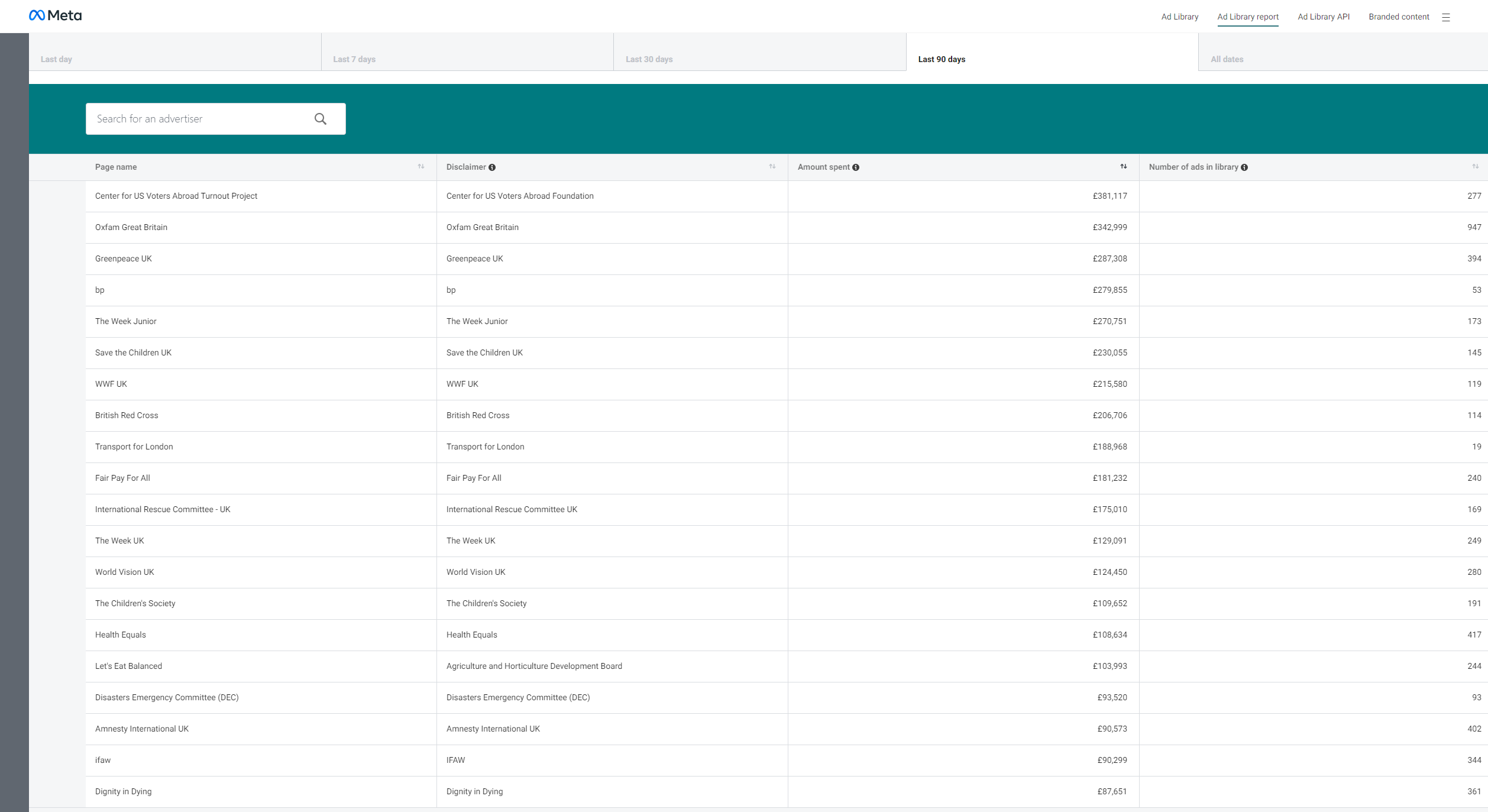
In the last month alone – which the Ad Library currently shows as between 22 September to 21 October – it forked out £68,926 of this for 190 ads. In other words, Dignity in Dying has paid for the bulk of these ads since Leadbeater confirmed she would introduce the bill on 3 October.
Unsurprisingly, it also ramped this up after the bill’s first reading on 16 October too. It topped the tables for ad spending in the last week displayed (15 – 21 October) – at nearly £30,000 in that time alone. As a result, for that period it came in at number four in the data. This was behind only the Disaster Emergency Committee (DEC), Save the Children UK, and Greenpeace UK.
And since then, it has put out vast numbers more ads as well. The Canary identified a staggering 150 ads Dignity in Dying has launched just since 21 October. Invariably then, that spend figure has likely shot up considerably. As an example, we found it had launched 21 ads on 21 October (though not all of these remain active). According to Meta’s Ad Library, it spent £4,169 on them, so it is likely to have forked out tens of thousands of pounds in the mere days since.
Naturally, these ads urge constituents to call on their MPs to back the bill. Some send social media users through to its petition, which currently has over half a million signatures. Others direct them to its email campaign for the public to write to their MPs.
Assisted dying: not in a vacuum
Dignity in Dying says it’s not in favour of expanding out assisted dying beyond terminally ill patients. The problem is though, even if we’re to take it at its word, the bill doesn’t sit in a vacuum.
Already, 54 MPs are calling to widen the scope of the bill beyond terminal illness. According to the Telegraph, this includes 38 Labour MPs, thirteen of which are in government positions. The outlet didn’t confirm the identity of these MPs, with the exception of Labour MP for Morecambe and Lunesdale Lizzi Collinge.
What’s more, Dignity in Dying isn’t the only lobby group pushing for the bill either. Humanists UK is another extraordinarily well-funded and connected organisation. And it is advocating for it to include adults who are:
intolerably suffering from an incurable, physical condition
The group had a stonking £3.16m in reserves by the close of 2023, with a donor income of £3.37m that year. Humanists isn’t a single issue organisation, so not all its funding is for this campaign. It had restricted funds ring-fenced for its assisted dying work totalling nearly £100,000 in 2023. Of this, it put over £65,000 to use. However, this won’t be the only funds it taps into for its lobbying on this. For instance, it poured nearly a million pounds into its overall public affairs and policy work for 2023 – so some of that invariably went to its assisted dying campaign.
Again though, there’s little information on where Humanists gets its funding, since it simply doesn’t disclose this. The only funder we do have information on for its assisted dying campaign work is the A B Charitable Trust. It gave the organisation a £13,000 donation in 2014 for this work specifically, and has been a regular donor for its broader work. Yves Bonavero and wife Anne founded the trust in 1990. Bonavero is a hedge fund entrepreneur and founder of the Bonavero Institute of Human Rights at Oxford University.
Notably, it was also the A B Charitable Trust that funded a supposedly impartial citizens jury project. This was purportedly to explore the views of the public on the issue. However, anti-assisted dying group Right to Life UK underscored a litany of issues with the jury’s claims to neutrality and expert balance. This is not least that the charitable body that conducted it, the Nuffield Council on Bioethics director Danielle Hamm was previously the director of Compassion in Dying. Unsurprisingly, Dignity in Dying and Humanists UK both championed its findings.
But this also went even further than the two organisations. Jury members voted in favour of legislation including children, and for physician-assisted euthanasia as well. It’s more stark evidence of the potential for a slippery slope in action.
Crowding out the voices of disabled people
Humanists UK is also part of a broader network of organisations working towards an expanded law. It’s known as the Assisted Dying Coalition. My Death, My Decision is another of its members that wants a bill with a broader net.
It describes itself as a “grassroots movement” – however, the company’s records tell a wholly different story. Financially, it is much smaller than Humanists UK, but it’s another case where organisational lines seem to blur. Specifically, the group has registered at the exact same London address as Humanists UK, and according to Humanists’ annual report, shares a staff member. Moreover, director and co-chair of the clinical advisory group for My Death, My Decision Dr Graham Winyard was previously a director of Dignity in Dying. This was for a stint between 2013 and 2016.
Its grassroots framing is emblematic of the way in which these groups operate. They pitch themselves as in step with the public zeitgeist. Yet, they purposely downplay their inordinate role shaping, and manipulating the conversations on assisted suicide legislation. Through ads, the corporate media, and in parliament, they wield huge power and influence. With the massive funding at their disposal, they’re crowding out the voices of chronically ill and disabled people who oppose it.
Time and again, neoliberal politicians and the corporate media have demonstrated that it views them as expendable. Now, on the possible cusp of legalising assisted suicide these are the people the public and parliament should be listening to most of all. That is, those with the least power, and the most to lose.
Ultimately, if the clandestine moneyed interests driving these campaigns show one thing, it’s that this isn’t a level playing field.
On 29 November, MPs would do well to remember that.
Featured image via the Canary
By Hannah Sharland
This post was originally published on Canary.
